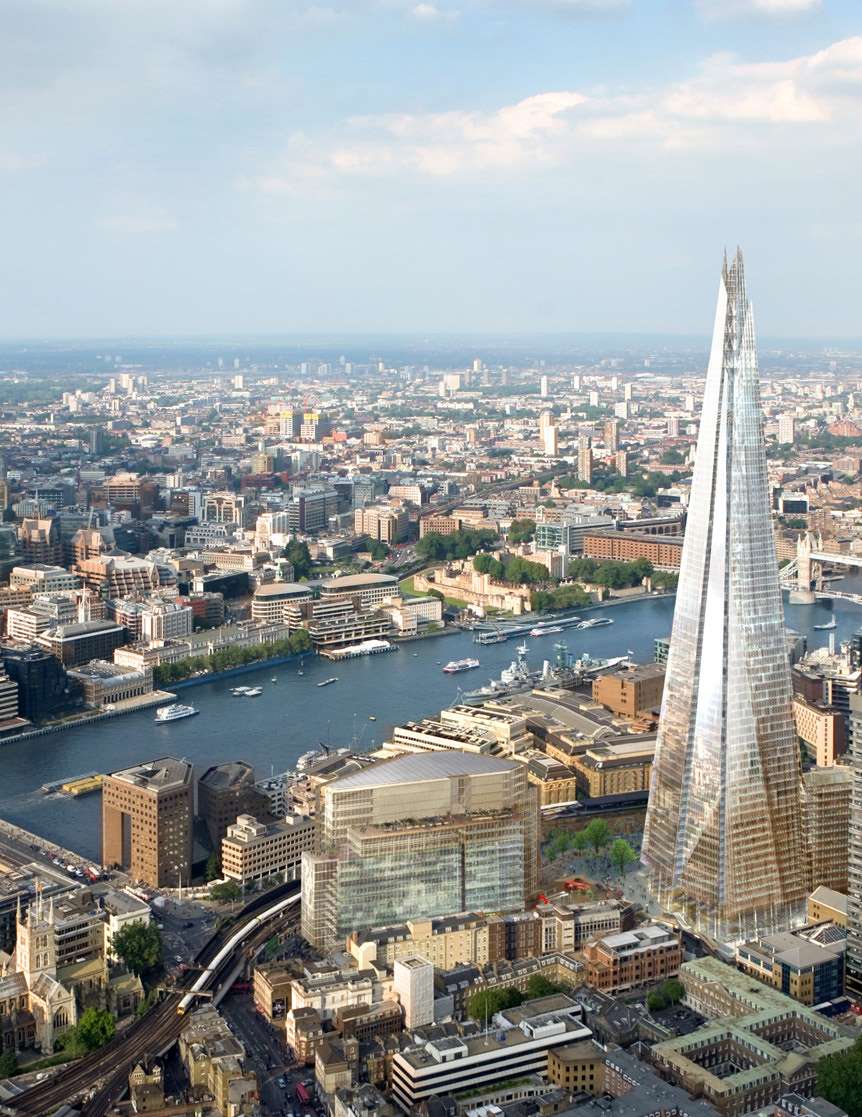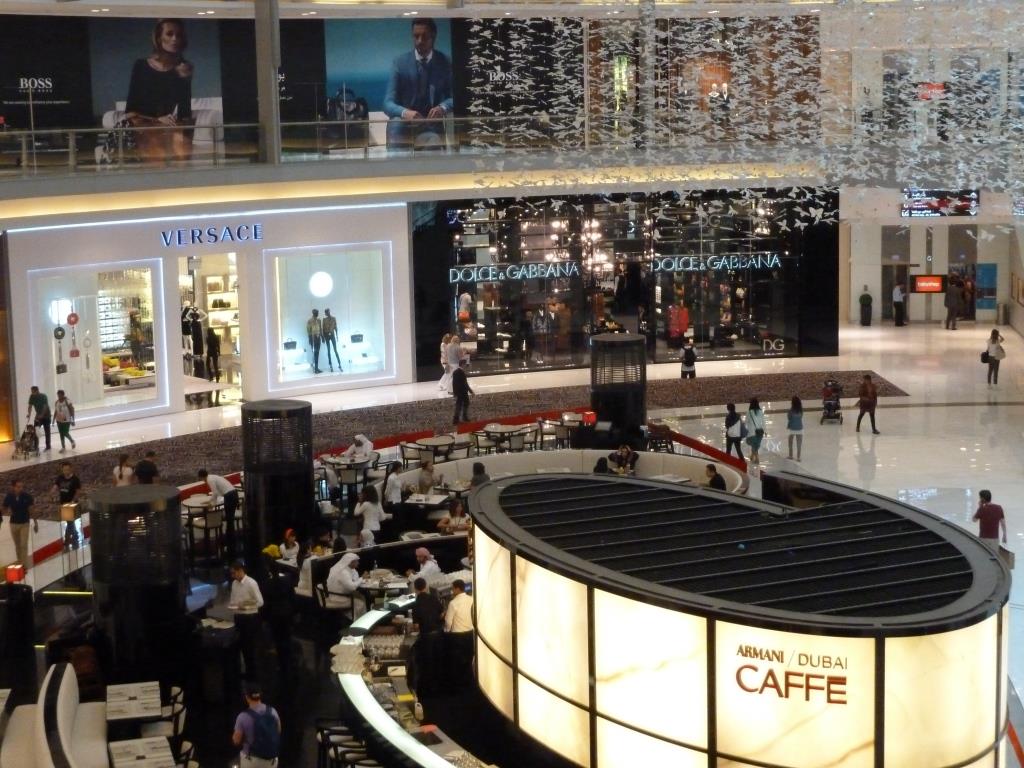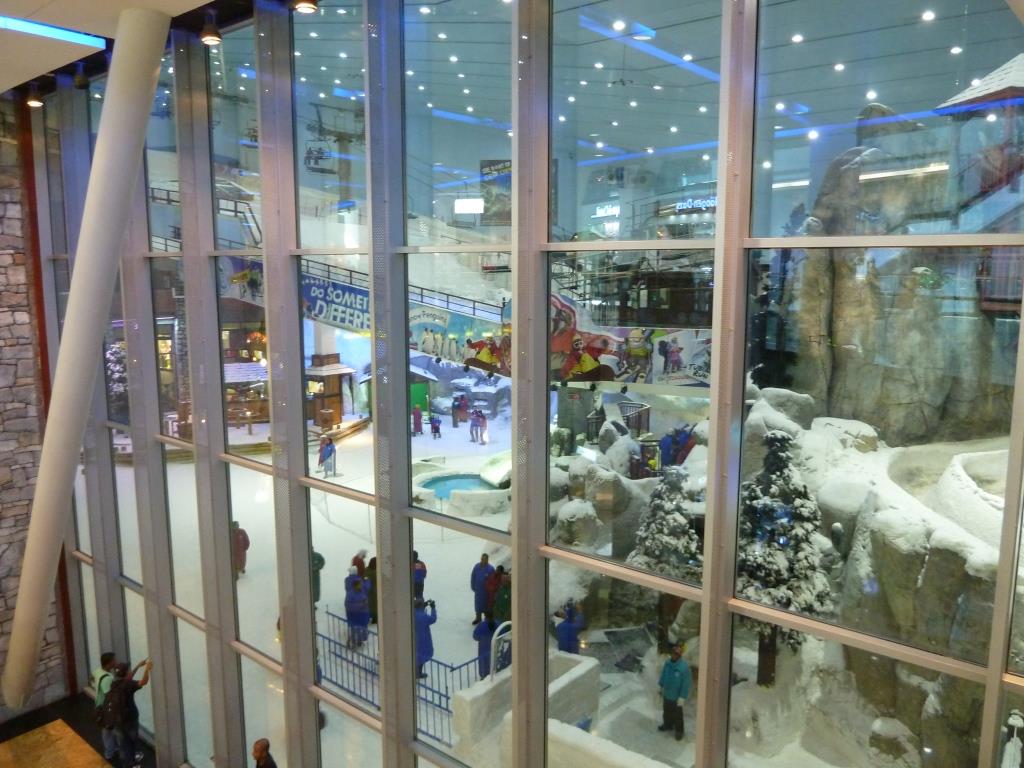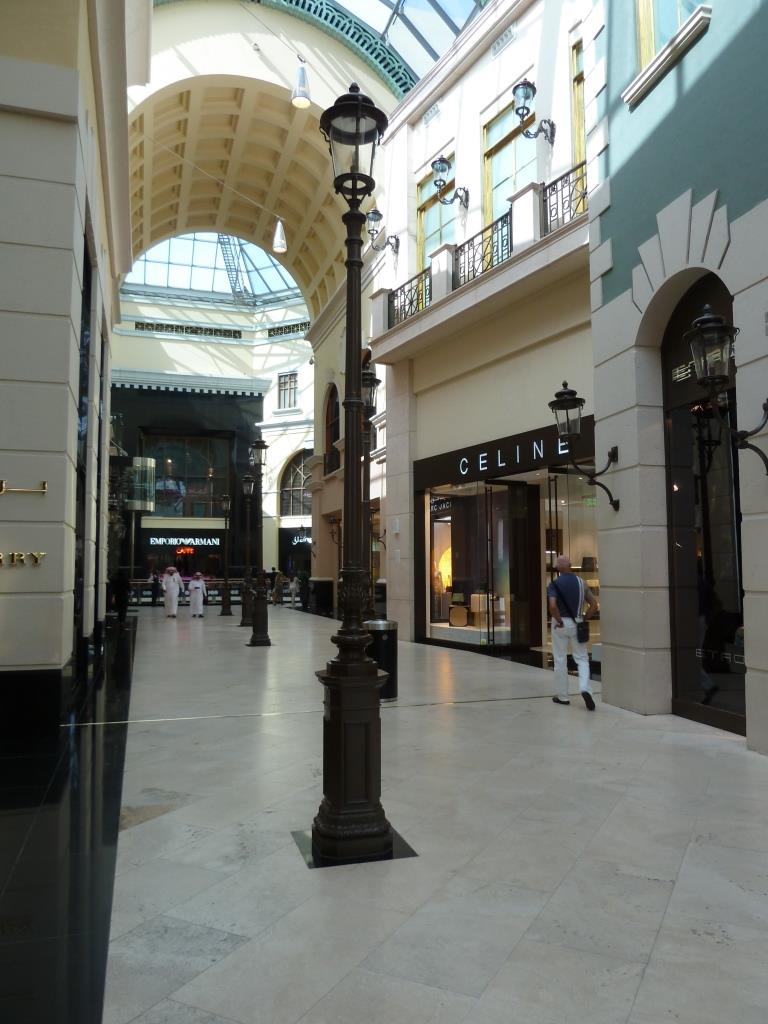Final Conference: The Spaces of Luxury: Places, Spaces and Geographies from the Renaissance to the Present
University of Warwick, London, 5-7 February 2015
Warwick Business School, London Campus, University of Warwick
The Shard, 32 London Bridge Street, London SE1 9SG
We live in a world obsessed by luxury. More than ever, ‘luxury’ retains substantial importance in the economic, social and cultural life of the West and increasingly in the ‘emerging economies’ of Asia. Yet, luxury is not just a construct of affluent contemporary societies. Luxury as a concept and practice has a long, complex and well documented role in history as well.
Over the period 2013-15, the Leverhulme-funded International Network ‘Luxury & The Manipulation of Desire’ explored a series of themes concerning luxury past and present ranging from production to regulation and the globalization of the luxury trade and industry. This international conference together a group of scholars who are actively engaged in historical, sociological, anthropological and business research on luxury and to provide an arena for dialogue between scholars and experts, journalists and business people in the luxury sector.
This three-day conference was co-organised by the Luxury Network, the Warwick Global History and Culture Centre and the Warwick Business School and took place in London.
Themes included:
- Spaces of luxury production: workshops, factories, cities and countries of manufacture.
- National denominations; country of origin and country of manufacture; product identity, etc.
- International trade and commerce: channels of distribution; import-export operators; counterfeiting; etc.
- The physical structures of retailing: boutiques, streets and markets, shopping malls, ‘luxury’ quarters, luxury villages and luxury cities.
- The creation of ‘conceptual’ spaces through print, advertising and marketing.
- Luxury as events (ex. catwalks); luxury as spaces (houses, hotels, jets, yachts, etc.); and luxury as experience (retreats; beauty farms; restaurants), etc.
- The online ‘spaces’ of luxury: web retailing, social media, blogs, etc.
- The public visibility of luxury, especially in urban environments and the juxtaposition between luxury and poverty.
Programme and Abstracts:
A full programme and abstracts can be downloaded here:
- PROGRAMME
- ABSTRACTS
Organisers:
Giorgio Riello, Global History and Culture Centre, University of Warwick, g.riello@warwick.ac.uk
Rosa Salzberg, Global History and Culture Centre, University of Warwick, r.salzberg@warwick.ac.uk
Qing Wang, Warwick Business School, Qing.Wang@wbs.ac.uk




